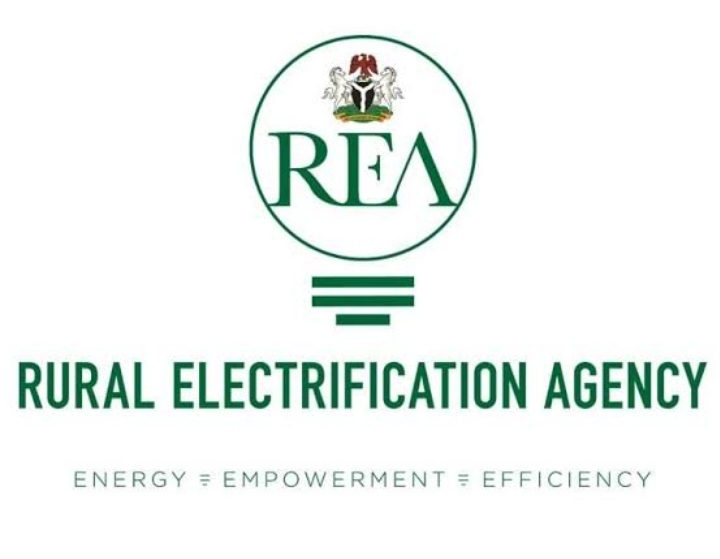ABUJA – Emeka Theodore, Convener of the Centre for Social Justice, Equity, and Transparency (CESJET), has backed the Federal Government’s request to borrow $2.2billion to finance capital projects.
Addressing journalists on Thursday in Abuja, Theodore said the funds are essential to the advancement of revenue-generating plans and institutional improvements.
“We are gathered here today, to discuss a matter of vital importance to the development and prosperity of our country: the Federal Government’s planned loan request of $2.2 billion.
“This initiative has seen a lot of pushback in recent weeks, most of it being misguided and uninformed.
“Evidently, it is important to understand that the oppositions to the borrowing plan is obviously unwarranted and counterproductive to Nigeria’s development.
“This said loan is an additional source to strengthen diverse empowerment, and further upgrade many of our sectors in maintaining their global reputation amongst other nations. It is clear that the loan is more than just a financial tool; it is a driving force behind revolutionary change in several important economic sectors, Theodore said.
“Evidently, public support is crucial for the successful implementation of development projects. By highlighting the benefits of the proposed loan and addressing concerns transparently, we can build consensus and ensure the smooth passage of the loan request by the National Assembly (NASS).
“The $2.2billion loan proposal is clearly a necessity for Nigeria’s progress. Rejecting this proposal would be self-defeating, compromising current initiatives and endangering the future of the country.
“In light of this, we urge National Assembly members to put the interests of the country above populist digressions. A better future for all Nigerians is at stake when the loan is approved; it is not just an economic choice, but a mission to save generations”, the group added.
The CSO stated that the President Tinubu led-administration’s continuous initiatives to increase non-oil earnings and diversify the economy would strengthen Nigeria’s ability to service its debt in no time unlike when the country was solely dependent on revenues from oil for its mega operations.
These actions according to CESJET, demonstrate the government’s dedication to fiscal restraint and judicious borrowing.
“In setting the record straight, it requires us to address the baseless complaints made of this loan while emphasizing its benefits and justification it would do to our great country”, Theodore stated.
The group noted that through strategic and structural plan in executing loan servicing, the President Tinubu led-administration has maintained repayment schedules and built confidence with foreign lenders.
“For example, income generating reforms have been used to carefully control the 2023 debt service-to-revenue ratio, despite the fact that it is still worrisome.
“It is noteworthy stating that fulfilling these responsibilities has not only maintained Nigeria’s reputation, but it has also increased foreign financial institutions’ trust in our capacity to carefully manage borrowed money, the group said.
According to CESJET, Nigeria has continued to benefit from favourable rates on development funding and concessional loans because of this confidence.
CESJET further noted that the judicious use of borrowed monies to promote economic growth and address infrastructure deficiencies is demonstrated in projects like the Second Niger Bridge, the Lagos-Ibadan railway, and the ongoing Mambilla Hydropower Project.
Theodore reminded critics of the loan that the money collected in the past have been used for important development initiatives, infrastructure growth, and institutional changes.
“This proposed $2.2billion loan is not unusual; its goal is to fund vital industries that would help Nigerians in the long run”.
“In dispelling the myth on the borrowing-to-federal budget ratio, we wish to state categorically that, Nigeria’s borrowing plans are clearly in line with international best practices and do not impose an excessive cost.
“For example, a fiscal deficit of about ₦8trillion is expected in the 2025 budget, which is estimated to be around ₦34 trillion.
“A manageable portion of current budget, the $2.2 billion loan fits the government’s fiscal policy to strike a balance between development requirements and long-term financial viability.
“Comparatively, the International Monetary Fund (IMF) recommends that developing economies have a debt-to-GDP ratio of not more than 55%. Nigeria’s debt ratio of about 35% puts the country in a better situation than that of other African peers, such as Ghana and Kenya, whose debt ratios are more than 60%.
“Nigeria has the financial capacity to borrow responsibly, as these numbers demonstrate”, the group said. END.

 15 hours ago
6
15 hours ago
6












